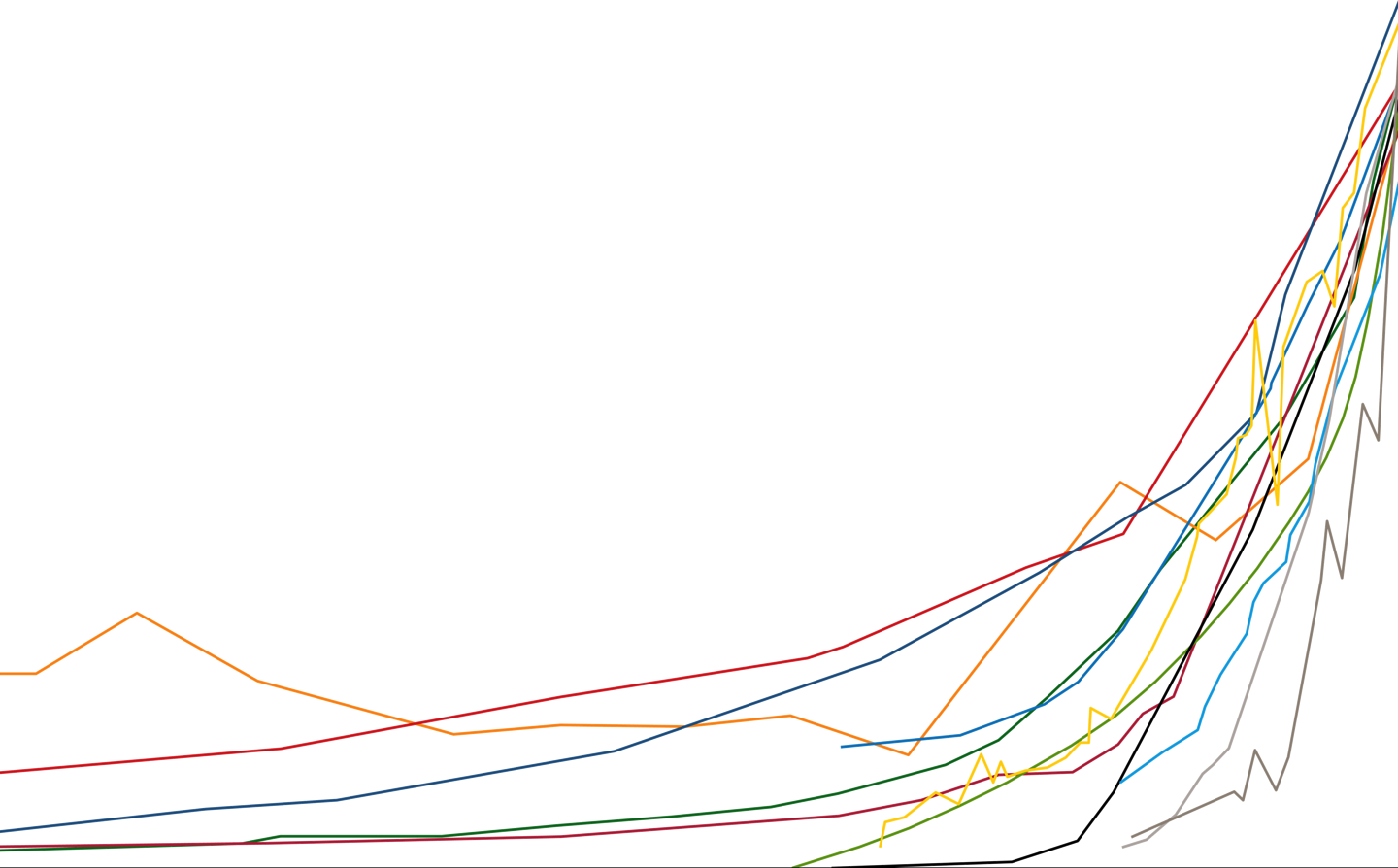From birth to puberty, hamsters double in size each week. If this rate of growth continued, by its first birthday, a hamster would weigh nine billion tons, capable of consuming the entire global corn crop within less than a day. Even before humankind first saw a photograph of the whole Earth and the Club of Rome met to write about its limits, we have long known that infinite growth is impossible. Yet the critique of growth has fueled powerful reactions that have taken place both in and to our built environments, from deregulation and degradation to speculation, derivation, and exclusion. Architects and urban practitioners, toiling daily at the coalface of economic expansion, are complicit in the perpetuation of growth. They are also in a unique position to contribute towards a move away from it.
As the drivers of growth begin to reveal their inadequacies for sustaining life, we must imagine alternative societal structures that do not incentivize unsustainable resource and energy use, and do not perpetuate inequality. Here we can look to degrowth, a movement that contests the supremacy of economic growth and seeks to move away from its stressful, damaging, and ultimately impossible task; not by collapse, but by design. Working on the frontline of capitalism, it is through architecture and urban practice that alternative values, systems, and logics can be manifest in built form and inherited by generations to come.
Overgrowth, a project by e-flux Architecture and the 2019 Oslo Architecture Triennale, debuted in 2018 with contributions by Ingerid Helsing Almaas, Peter Buchanan, Ana María Durán Calisto, Helena Mattsson & Catharina Gabrielsson, Ateya Khorakiwala, Edgar Pieterse, Anna Puigjaner, and Angelos Varvarousis & Penny Koutrolikou.
In 2019, Overgrowth will return with contributions from Daniel A. Barber, Amica Dall, Isabelle Doucet, Karl Otto Ellefsen & Tarald Lundevall, Hélène Frichot & Helen Runting, Sandi Hilal, Stefan Kaegi/Rimini Protokoll, Mill + Jones, n’UNDO, Joar Nango, Matthias Schuler & Anja Thierfelder, Tamar Shafrir, Kjetil Thorsen, and Steve Webb.



